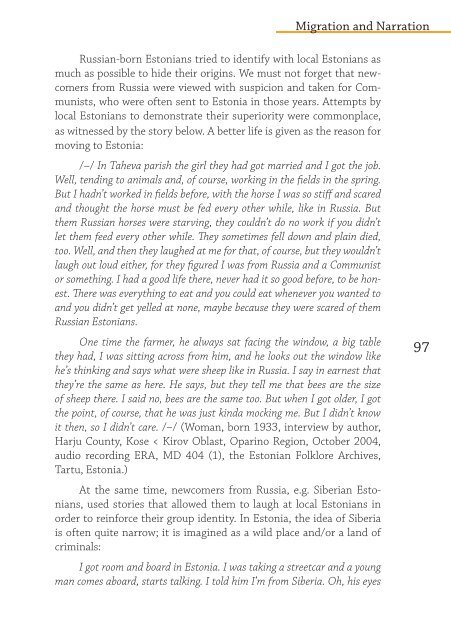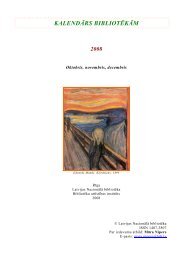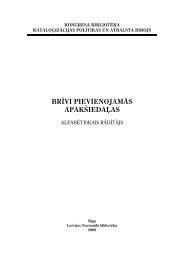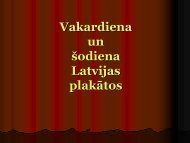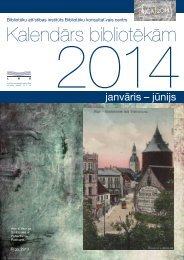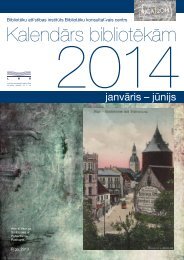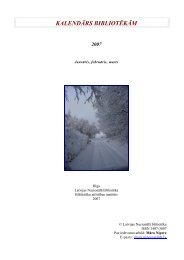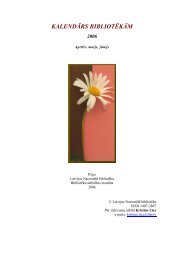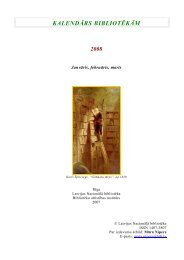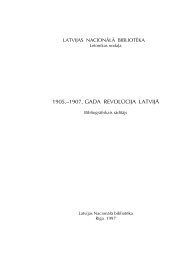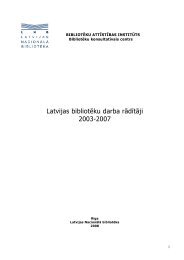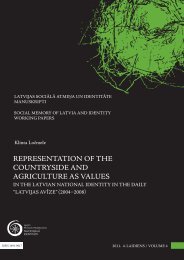ORAL HISTORY: MIGRATION AND LOCAL IDENTITIES - Academia
ORAL HISTORY: MIGRATION AND LOCAL IDENTITIES - Academia
ORAL HISTORY: MIGRATION AND LOCAL IDENTITIES - Academia
Create successful ePaper yourself
Turn your PDF publications into a flip-book with our unique Google optimized e-Paper software.
Migration and NarrationRussian-born Estonians tried to identify with local Estonians asmuch as possible to hide their origins. We must not forget that newcomersfrom Russia were viewed with suspicion and taken for Communists,who were often sent to Estonia in those years. Attempts bylocal Estonians to demonstrate their superiority were commonplace,as witnessed by the story below. A better life is given as the reason formoving to Estonia:/–/ In Taheva parish the girl they had got married and I got the job.Well, tending to animals and, of course, working in the fields in the spring.But I hadn’t worked in fields before, with the horse I was so stiff and scaredand thought the horse must be fed every other while, like in Russia. Butthem Russian horses were starving, they couldn’t do no work if you didn’tlet them feed every other while. They sometimes fell down and plain died,too. Well, and then they laughed at me for that, of course, but they wouldn’tlaugh out loud either, for they figured I was from Russia and a Communistor something. I had a good life there, never had it so good before, to be honest.There was everything to eat and you could eat whenever you wanted toand you didn’t get yelled at none, maybe because they were scared of themRussian Estonians.One time the farmer, he always sat facing the window, a big tablethey had, I was sitting across from him, and he looks out the window likehe’s thinking and says what were sheep like in Russia. I say in earnest thatthey’re the same as here. He says, but they tell me that bees are the sizeof sheep there. I said no, bees are the same too. But when I got older, I gotthe point, of course, that he was just kinda mocking me. But I didn’t knowit then, so I didn’t care. /–/ (Woman, born 1933, interview by author,Harju County, Kose < Kirov Oblast, Oparino Region, October 2004,audio recording ERA, MD 404 (1), the Estonian Folklore Archives,Tartu, Estonia.)At the same time, newcomers from Russia, e.g. Siberian Estonians,used stories that allowed them to laugh at local Estonians inorder to reinforce their group identity. In Estonia, the idea of Siberiais often quite narrow; it is imagined as a wild place and/or a land ofcriminals:I got room and board in Estonia. I was taking a streetcar and a youngman comes aboard, starts talking. I told him I’m from Siberia. Oh, his eyes97


